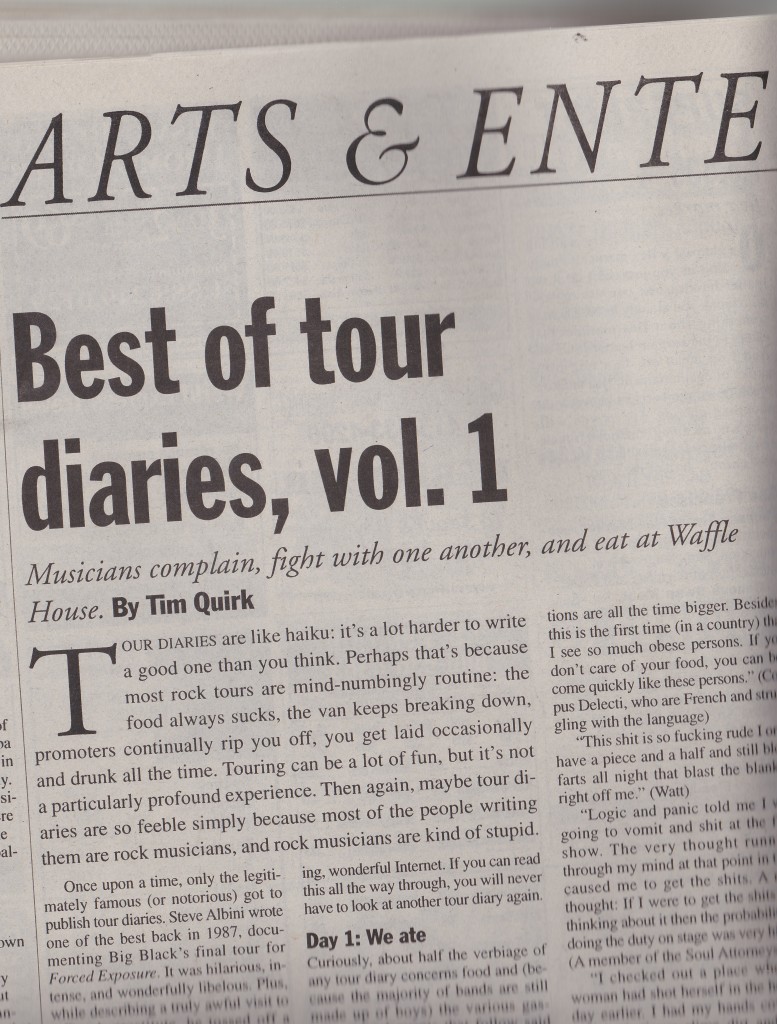This presentation from the 2007 Pop Conference was oddly controversial, in that during the Q&A I was taken to task for supposedly lauding a future full of white guitar players. If you think the paper’s title is one more example of cloistered music critics privileging indie rock, well, then my saying “Good News For Yo La Tengo just sounds funnier than Good News For Luther Vandross” probably isn’t going to change your mind. But the point remains that the examples that follow have analogs in every genre. I do think Indie Rock is more prone than most genres to view a gap between critical and commercial success as something desirable, though, so I’m particularly interested to see what happens if/when there are more than just psychological rewards for being a critic’s darling.
presentation from the 2007 Pop Conference was oddly controversial, in that during the Q&A I was taken to task for supposedly lauding a future full of white guitar players. If you think the paper’s title is one more example of cloistered music critics privileging indie rock, well, then my saying “Good News For Yo La Tengo just sounds funnier than Good News For Luther Vandross” probably isn’t going to change your mind. But the point remains that the examples that follow have analogs in every genre. I do think Indie Rock is more prone than most genres to view a gap between critical and commercial success as something desirable, though, so I’m particularly interested to see what happens if/when there are more than just psychological rewards for being a critic’s darling.
I am here to make some proclamations about the future of the music business. I should provide a couple caveats at the outset, however. First, I will confess I’m not 100% sure whether what follows is a prediction or a just a wish. I’m pretty confident (so, like, 99%) it’s the former, but I offer that 1% of doubt as a little place of refuge anyone who disagrees with me can go try to build a city where all the citizens do their best to keep the existing, depressingly diseased music business functioning as-is indefinitely. Good luck with that. Continue reading


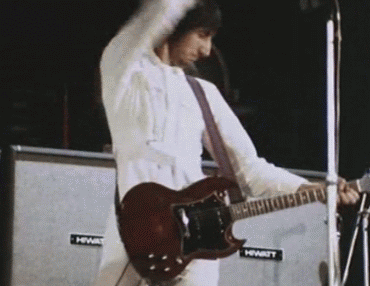


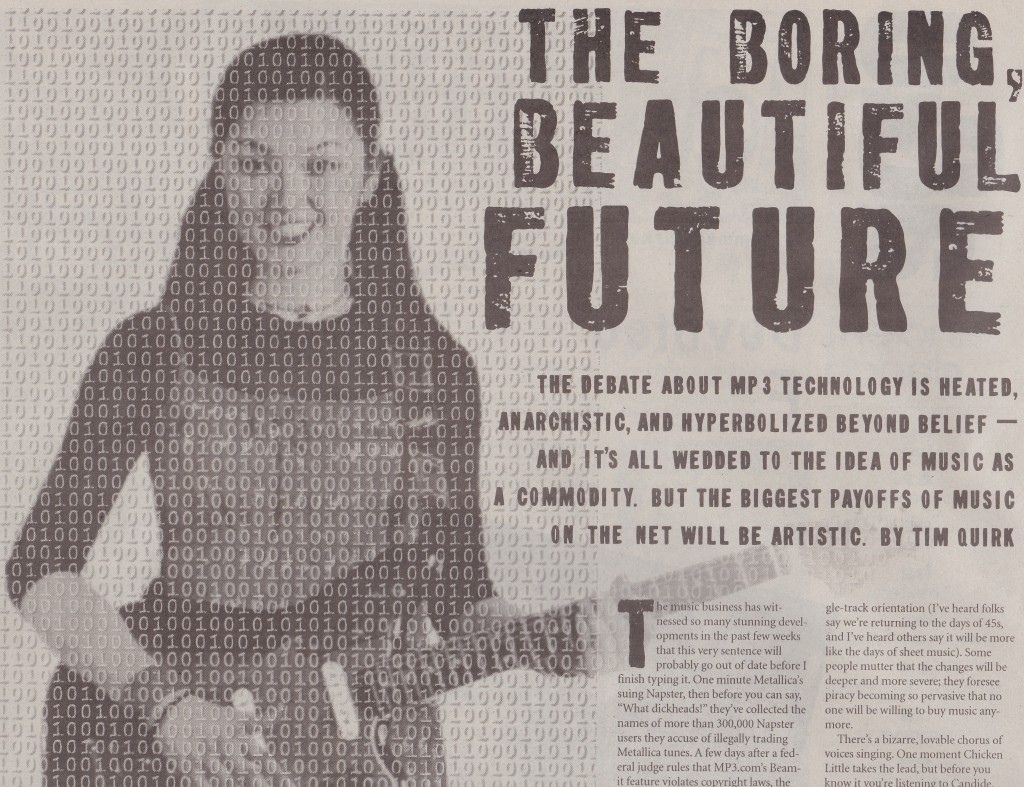
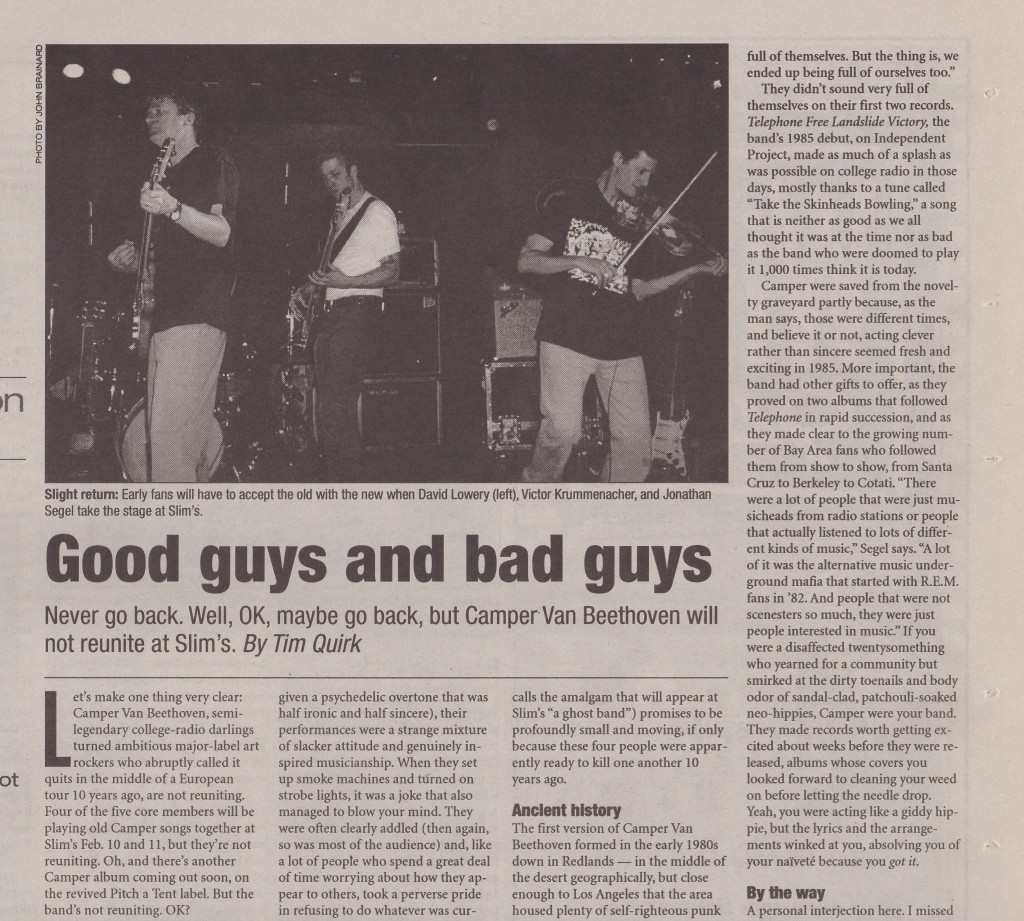
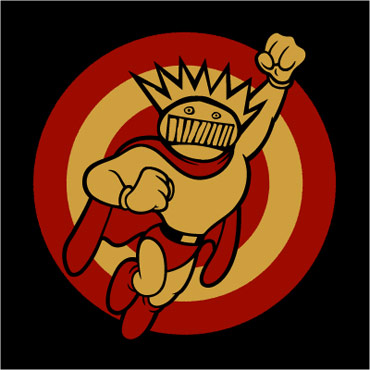
 For several years, at the end of any given artist interview, I’d ask if they ever had sex to their own records, assuming I’d eventually have enough good answers that I could compile them all for a Raygun piece. Alas, Raygun went under before I could realize that glorious vision. I’m pretty sure this eventually ran in the Bay Guardian, though I have no hard copy, so am only guessing at the date.
For several years, at the end of any given artist interview, I’d ask if they ever had sex to their own records, assuming I’d eventually have enough good answers that I could compile them all for a Raygun piece. Alas, Raygun went under before I could realize that glorious vision. I’m pretty sure this eventually ran in the Bay Guardian, though I have no hard copy, so am only guessing at the date.